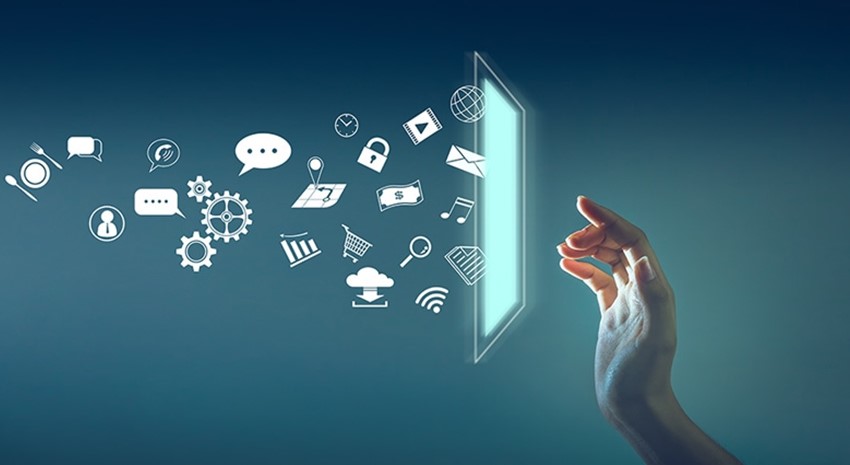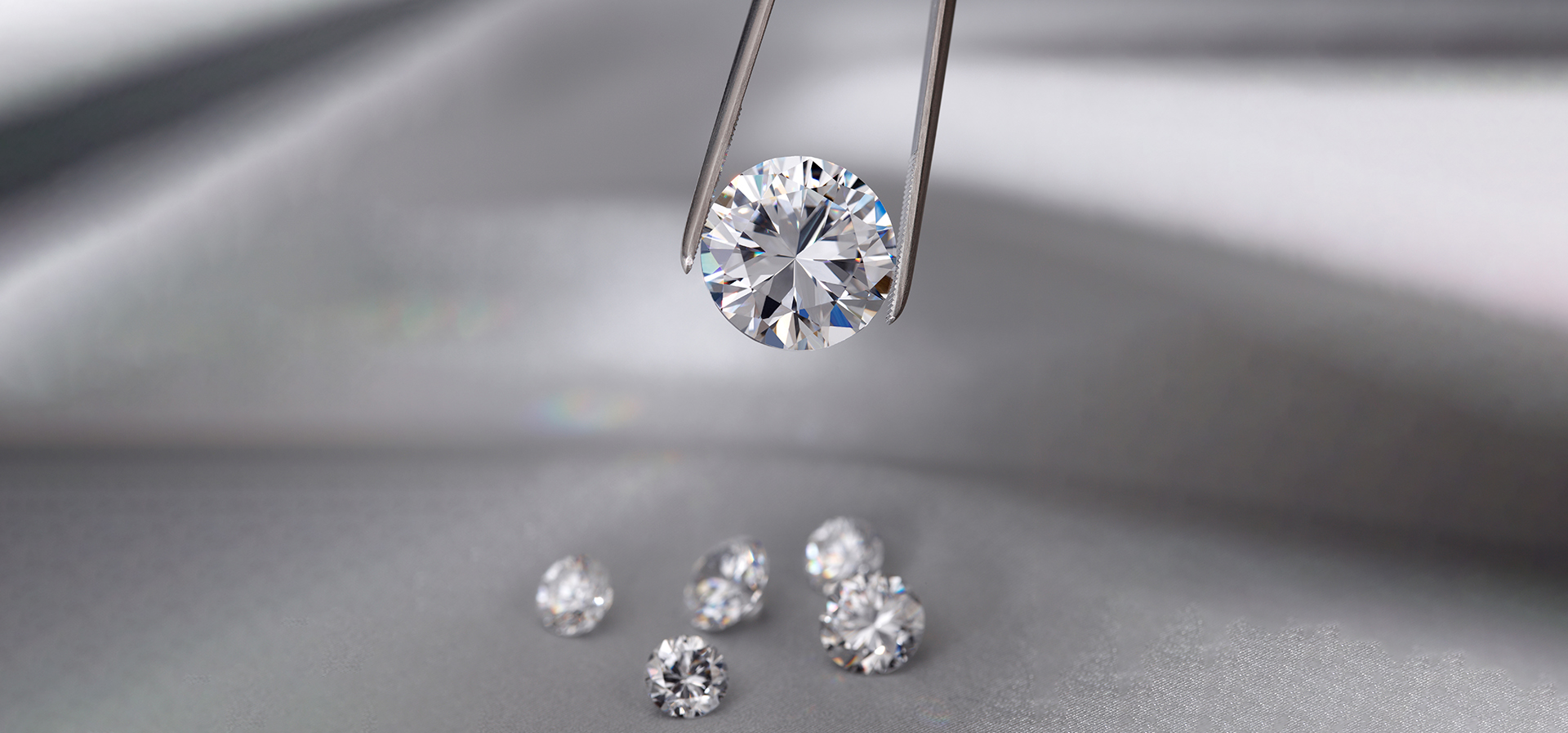
When people hear terms like “CBD,” “THC” or “hemp,” they immediately think of marijuana. And, while each of these three phrases is tied to marijuana in some respect, they do not reference the plant itself. CBD and THC are two chemical compounds found naturally in marijuana, and science has gotten us to a place where it’s possible to separate these compounds to utilize them on their own. Though they are both considered cannabinoids, CBD is very different from THC and has become increasingly popular as an alternative sleep aid. Many people use CBD products, such as topical creams and tinctures, to help them relax.
Table of Contents
CBD vs. THC: What’s the Difference?
CBD stands for cannabidiol and THC stands for tetrahydrocannabinol, so as their full names suggest, both CBD and THC are types of cannabinoids. But, what exactly does that mean? All cannabinoids react with cannabinoid receptors in our bodies to cause a reaction, and cannabinoids make up more than 60 of the 480 compounds found in the cannabis plant, though CBD and THC are the two main stars of the show.
THC is a naturally occurring psychoactive chemical compound in cannabis that is responsible for the feeling of being “high.” When THC reacts with your body’s cannabinoid receptors, it changes your perception of the world around you and may lead you to altered states of consciousness. People looking for this effect seek out cannabis with a high potency — in other words, a high level of THC.
CBD, on the other hand, is another compound without psychoactive properties. This means that taking CBD products on their own will not induce the same feelings of THC intoxication. In fact, if CBD makes it to your cannabinoid receptors first, it can actually inhibit THC from reacting with them and cause a less extreme reaction. But, just because CBD doesn’t have psychoactive effects does not mean that it has no effects whatsoever. THC changes your brain’s functions while CBD changes the way that your body feels. For example, you might feel a little bit of a tingle in your fingers or a deep sense of calm, but you won’t get any of that brain fog. You’ll be able to function just as you normally would throughout the day with a little bit more of a laid-back attitude.

The Legality of CBD vs. THC
Aside from the effects of CBD and THC, there are a few other differences between these compounds, including their legal status. Currently, in the U.S., medicinal and recreational marijuana laws are dictated by the state. At the federal level, marijuana is still considered to be a Schedule 1 drug (as of August 2020), meaning that it has a high potential for addiction and no apparent medicinal value — two statements that do not seem to be especially true based on observations in states with some form of legal cannabis. Thirty-three of the 50 states currently have some form of legalized cannabis, whether it be for recreational or medicinal purposes. So, to some degree, products with THC or THC and CBD are legal — depending on what state you’re in and whether you have to have a doctor’s recommendation or not.
CBD on its own is a different story. In 2018, the Farm Bill was passed, making it legal to sell CBD products only if the cannabinoid compound was taken from a hemp plant (rather than a cannabis plant). This explains why over the last few years CBD has crept its way into everything from dog treats to lattes. Because CBD does not have any psychoactive properties, it has been seen as a safe substance that can benefit people in a variety of ways.
How Can CBD Benefit Me?
Helps with Sleeping Problems
One of the most common uses of CBD products is to help people fall asleep. CBD topicals and oils are hemp-derived products that are all-natural, gluten-free, vegan and cruelty-free so you can rest assured you’re getting a product that’s not only good for you, but good for the planet. CBD can help relax your body and your mind, making it easier for your natural sleep patterns to set in, but it does not work in the way that hormonal supplements like melatonin or prescription drugs tend to knock you out. Products made from CBD are intended to encourage your body to follow its natural sleep cycle.
Reduces Inflammation and Discomfort
Many people use CBD topicals on areas of the body where they experience pain or discomfort. If you have trouble sleeping because of your pain, this type of product may doubly benefit you. According to researchers, CBD has the incredible ability to stick to endocannabinoid receptors, which are responsible for sensing pain and inflammation, and desensitize them to help eliminate those uncomfortable feelings. In one 2016 study, researchers found that CBD appeared to reduce inflammation in the pancreas of mice before the onset of diabetes, meaning it may have the potential to prevent the disease or at least reduce some of the symptoms.

Promotes Relaxation
Even if you don’t experience sleeping problems or regular discomfort, CBD may still be for you. It’s known to encourage feelings of calmness and reduce stress levels — something that most of us could definitely use. Just a small dose from a CBD tincture dropper can help you unwind and take your mind off the day’s work. If you like to practice meditation or do breathing exercises as part of your nighttime routine, adding CBD into the mix may elevate your experience as well.
The Takeaway: CBD and THC Are Not One in the Same
Although CBD and THC are considered cannabinoid compounds and are sometimes found together in nature, they are not the same compound and they have different effects on the human mind and body. THC is the psychoactive substance in cannabis that alters your brain functioning causing you to feel intoxicated while CBD only affects your body. You may feel pleasant physical sensations, but your mind will remain clear, making it easy to use CBD to overcome discomfort or fall asleep without the psychoactive impacts of THC.








